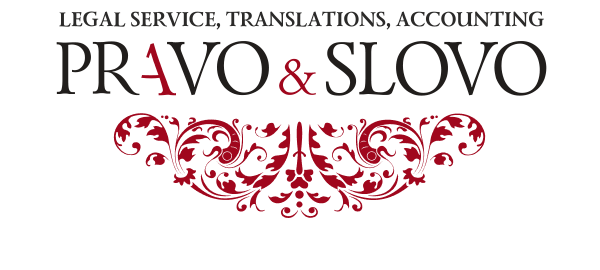Labor Laws
Compliance with the labor laws is required of all employers, regardless of the type of business they are running (including individual entrepreneurs) – starting as soon as the organization or individual entrepreneur hires its first employee.
The employer is required to conclude a labor agreement, give the employee a workplace in accordance with legal norms, pay them a salary, track their work time and vacation time, provide the employee military registration, ensure that their personal information is protected, and observe their social rights.
The labor code of the Russian Federation is designed to maintain an optimal balance of interests between employees and employers. The code is split up into five parts.
Part one contains the general provisions. It expounds the goals and objectives of the labor code, the main principles under which labor relations are regulated, and how labor laws interact with other fields of law, such as international law.
In that respect, the principles of the advent of labor relations are defined as well as the fundamental rights and obligations that the employee and employer hold.
Part two of the labor code is dedicated to social partnership – the system of interaction between employees (or worker representatives), employers (or employer representatives), government agencies, and local government bodies. In this social partnership, the main objective is to coordinate the interests of employees and employers.
Part three is the most extensive of all. It regulates relations between the employee and the employer. This is where the primary duties and rights of both parties are set out, the rules for concluding and terminating labor agreements are established, and the employer's obligations in the spheres of labor protection, personal information processing and storage, and guarantees are established. It is also what governs employee compensation, the compensation system, as well as and work and vacation time.
Part four concerns regulation of the work of particular categories of employees: guarantees for pregnant women, for employees of Far North regions and the locales it includes, athletes, employed scientists, etc.
The conclusion, part five, of the Labor Code regulates the system of protection for labor rights and freedoms in addition to employer liability in the event that the labor norms are violated.
Upon making a quick survey of labor laws, one starts to gain the impression that the employee has more rights and the employer just has a long list of various obligations. To a degree, this is true – the government traditionally takes the side of the employee, as the weaker party. However, today not all is that is so black and white, and court practice has made a fair share of rulings in favor of employers.
In any case, to prevent the balance of interests from shifting radically to the employee’s favor and an organization’s reputation and finances don't end up taking a hit in the case of a conflict, we recommend getting a handle on conducting HR workflow long before the government labor department inspection begins taking a look at your company's affairs in light of an employee's complaint.
We also protect the rights of employees, for example in cases of illegal removal, transfers to other positions, firing, or unpaid salaries.
Our HR specialists and lawyers will help you iron out your relations with your organization’s recruits, conduct audits for you (if you are conducting some kind of HR work), minimize your risks of losing in the case of a court hearing, and prepare you for labor department inspections. We also represent the interests of employees and employers alike in court.


